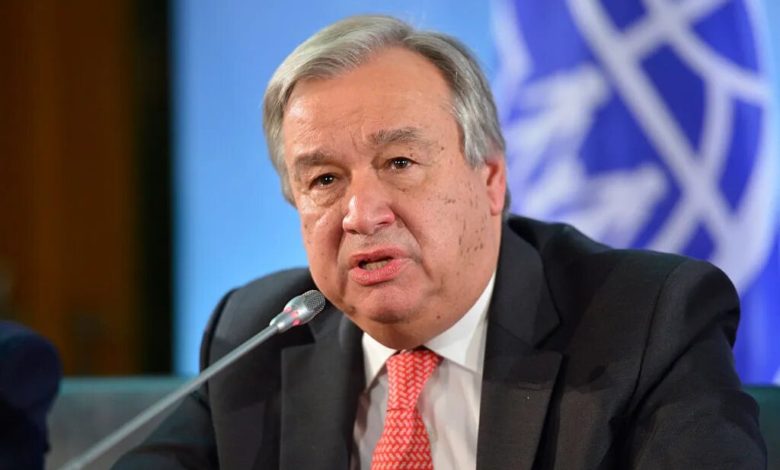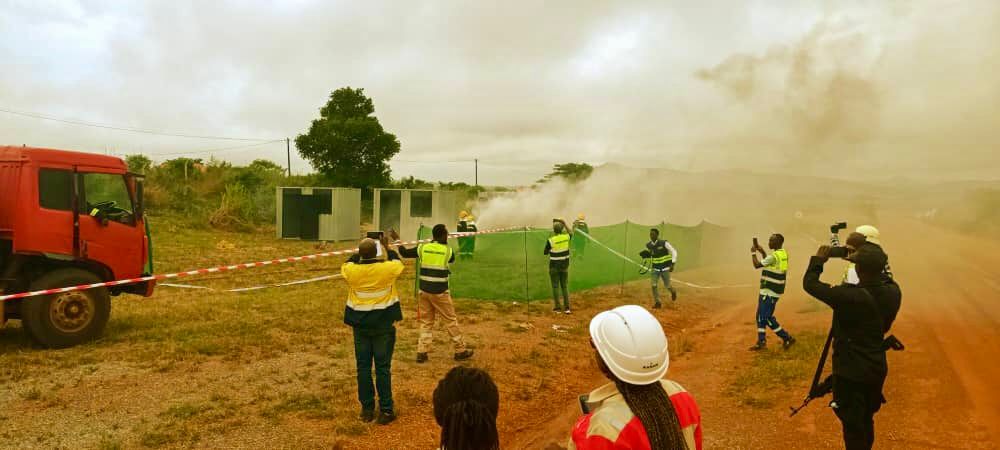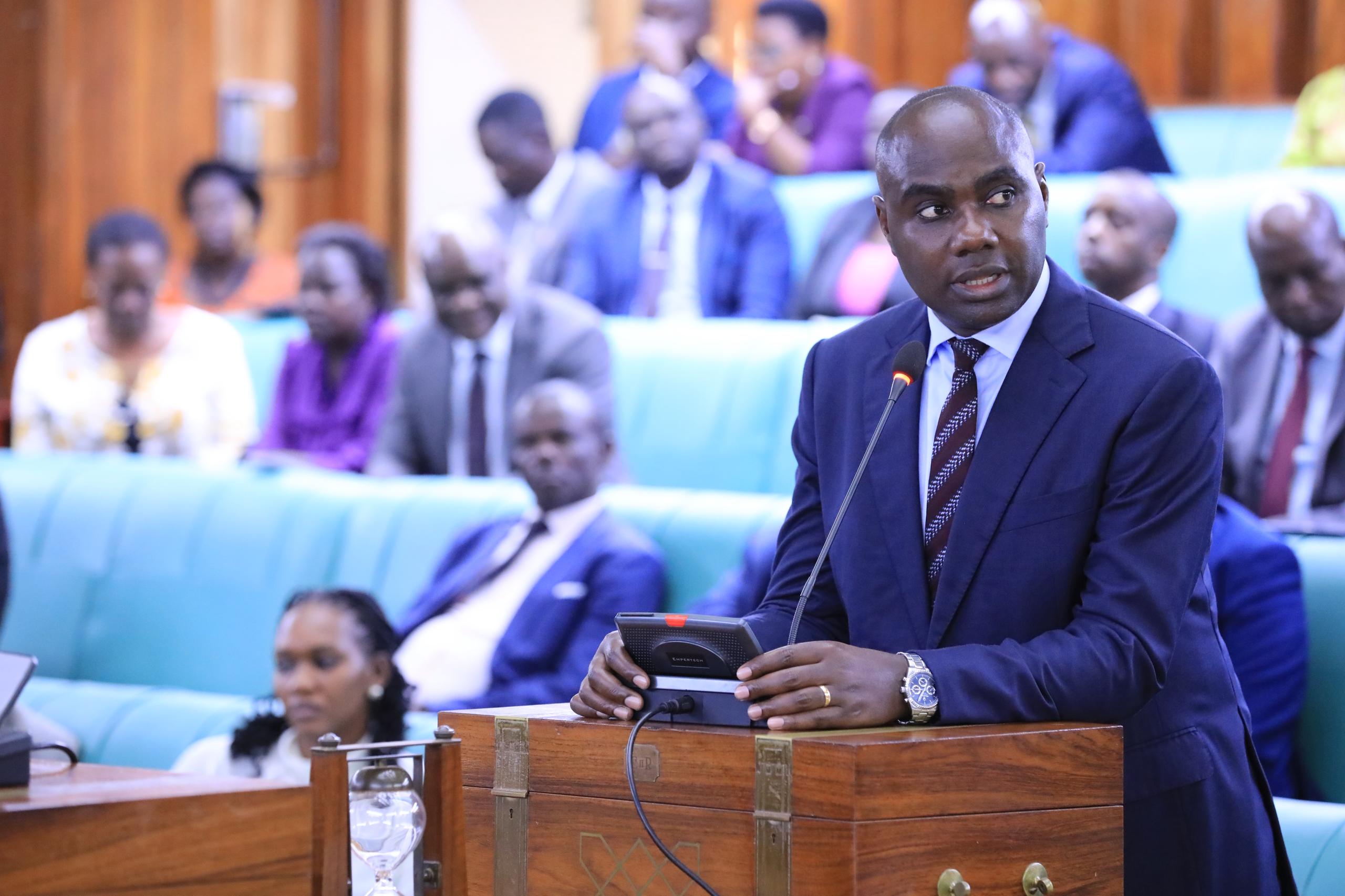Developed countries responsible for vast majority of greenhouse gas emissions through history
The secretary-general made the remarks in a press briefing in Pakistan's southern port city of Karachi during his visit to the flood-affected areas of the country.

UN Secretary-General Antonio Guterres said on Saturday that developed economies are responsible for the vast majority of greenhouse gas emissions to the atmosphere throughout history.
The secretary-general made the remarks in a press briefing in Pakistan’s southern port city of Karachi during his visit to the flood-affected areas of the country.
“Those impacts are skyrocketing,” he said, adding that “people living in high climatic vulnerability conditions including in South Asia are 15 times more likely to die from climate impacts.”
Nearly half of humanity is now in this category and the overwhelming majority is in the developing world, Guterres said.
In the wake of the flood-disaster Pakistan has been suffering, the secretary-general called upon the international community to devise a new mechanism of debt relief for the affected countries.
He further advocated a debt swap mechanism that a country, instead of paying debt to the creditors, should be able to use that money to invest in climate resilience, sustainable infrastructure and in the green transition of their economies.
Earlier in a press conference on Friday, responding to Xinhua on carbon emission by the developed countries for centuries, Guterres called for effective support from the developed world to the most impacted developing countries to build resilience and adapt to the circumstances.
“This is not a matter of generosity. This is a matter of justice,” he said.
The secretary-general on Saturday, along with Pakistani Prime Minister Shahbaz Sharif and other officials, visited the flood-affected parts of Pakistan’s southern Sindh and southwest Balochistan provinces.
Apart from visiting the UNESCO’s World Heritage site of Mohenjo Daro in Sindh, which got damaged from the floods, he also met the displaced people in Sindh and Balochistan.
The secretary-general also took a comprehensive aerial look at the flood situation and damages.







